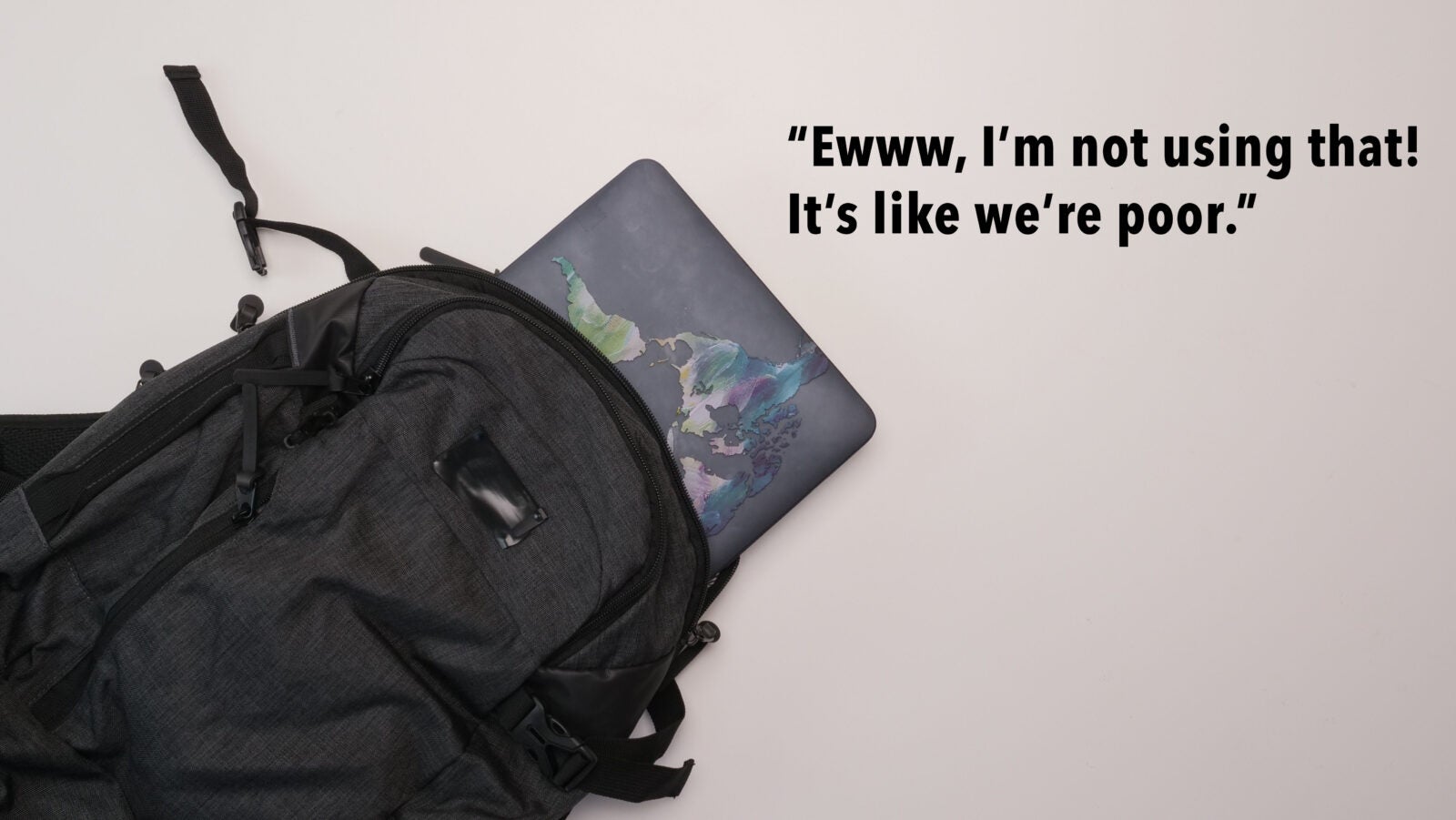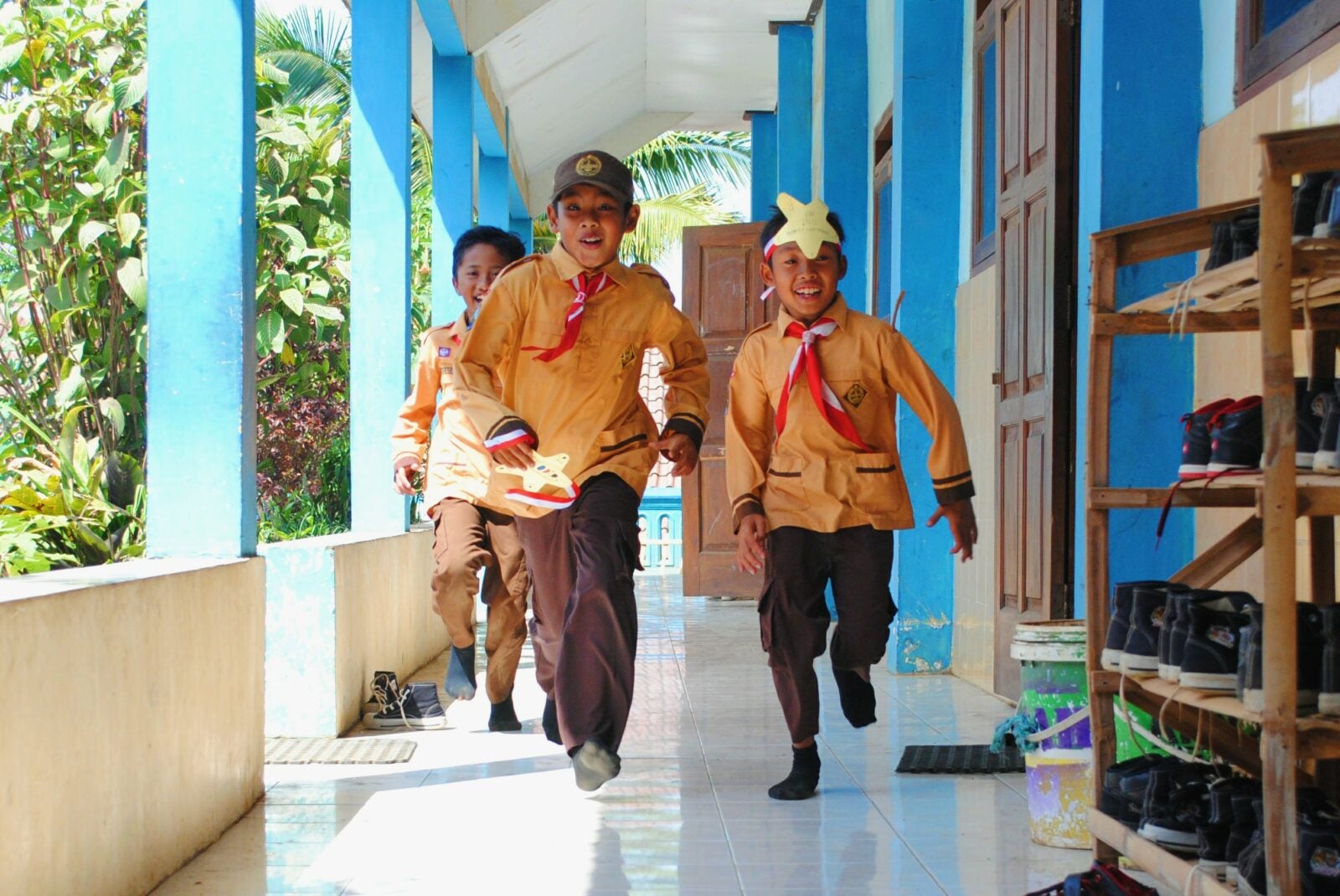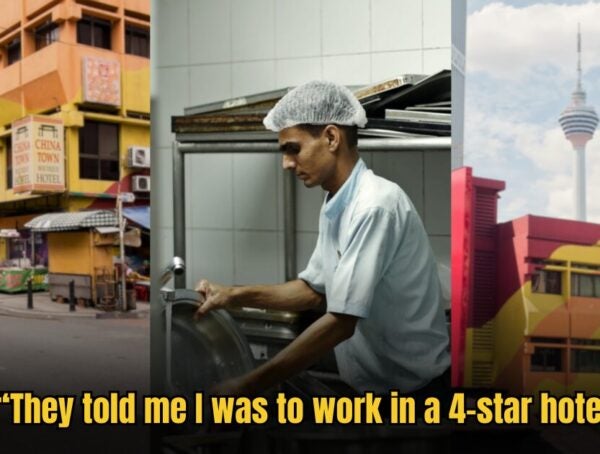Disclaimer: In Real Life is a platform for everyday people to share their experiences and voices. All articles are personal stories and do not necessarily echo In Real Life’s sentiments.
A distinction must be made between private and international schools. Private schools have the following characteristics:
- They offer the same syllabus as government schools
- Smaller classes
- School fees cost thousands of RM, but private schools aren’t as expensive as international schools
Although private schools are expensive compared to government schools, some parents choose to send their children to private schools because they believe that the quality of education is better there. Is this true though?
Here’s why private schools can be overrated:
1. Peer pressure to show off how rich your family is
The girls from richer families didn’t even use school bags – instead they brought designer handbags to school. Most of the students didn’t wear school shoes from Bata either. The shoes were white, but they were from brands such as Adidas and Nike.

Sometimes after school students would go shopping together. Many of them had supplementary credit cards from their parents. I remember how a girl I knew once dropped RM 400 on an ugly plaid skirt during a shopping trip after school.
The students often had allowances that ranged from hundreds of RM to thousands. A guy in my class had an allowance of RM2,200 at Form 3. Looking back, I reflect on how that is more than the minimum wage now.
Students also looked down on those who went to government schools. A girl I knew switched to a government school from the private school, and she received a text from her private school friend saying: “You’re becoming like one of those government school girls.”
Many of my schoolmates were aware of how rich and privileged they are. One of my classmates who didn’t make it to the science stream classes told me that he still intended on studying a pharmacy degree, saying that it didn’t matter that he wasn’t in science because his family is rich, and he knew he’d get into a programme overseas (and true enough, he was right!).
2. The teachers weren’t really qualified to teach
Unlike with government schools, most of the teachers in private schools did not devote their careers to teaching. A lot of them were fresh grads from other industries who took up teaching jobs for the sake of having a job. Some of them were doing teaching as a break from their corporate careers.

It was pretty common for teachers to be there really briefly, like for just a few months. And then they’d move on, and the school would have to scramble for a replacement. Sometimes we’d have teachers who were teaching other subjects fill in temporarily, and although they tried their best, teaching doesn’t work that way.
Because of this, the education we received was pretty bare bones.
3. Students had poor BM skills
Private schools tend to be English medium schools – you follow the government school syllabus but the running of the school is conducted in English.
Parents who send their children to these schools do so with the hope that their kids will pick up English better, but what happened was that BM skills were neglected.
Most of the students in this school came from Chinese primary schools, so the language about 90% of the students spoke in was mostly Mandarin. The rest of the students were mainly English speaking.
The students were generally pretty bad at speaking BM and had little opportunity to practise it. It probably didn’t matter though as many of them went on to study and live abroad.
4. Few options for extracurricular activities
For sports, we could only choose between table tennis, basketball and carroms. Later on they started football, but the focus was mainly on the first three.
As for the other extracurricular activities, we didn’t have the options that government schools had: we didn’t have pengakap or any of the uniformed units.

Our extracurricular activities were pretty boring and required us to stay back an hour after school to participate. We didn’t look forward to our extracurricular days at all.
5. Lack of facilities
The private school I went to didn’t even have a field! Track and field practise and sports team selections had to take place at the field of a government school nearby, which was a 20 minute walk away. A couple of times a year students had to make the walk to use the field, a walk that usually included taking paths through jammed streets and alleys.

Besides that, the lab (which did triple time as the one lab for biology, chemistry and physics classes) was inadequately equipped. Students who did biology didn’t get the chance to do dissections, and we missed out on a lot of science experiments because they didn’t have the chemicals we needed. Most of what we learnt was the theory behind the experiments because we didn’t get to even do the experiments.
I was pretty surprised to hear that my government school friends didn’t face these issues. This might depend on the location of the government schools though – some schools are just better equipped than others.
A lot of the people I went to private school with are successful adults now – their riches and connections have paid off in netting them jobs that would have been unavailable to anyone else.
The experience of going to a private school really opened my eyes to the disparity between households that were doing decently well financially and those that were really rich.
I didn’t enjoy myself there as I couldn’t relate to my peers: my family didn’t go on annual holidays to Europe, we didn’t own lots of property (we actually don’t own any at all), I didn’t have a massive allowance, and I was usually ostracised for not being able to speak Mandarin (at one point, I was the only non-Chinese in my class and that was not a fun time).
Many of these students went on to live overseas, their parents paying for their fees (regardless of how many times they failed a course) and even buying them property abroad so they had places of their own to settle down. The privilege was insane to me! My parents couldn’t even help me secure a car loan to buy a car. I didn’t see my government school friends having the same opportunities, except for those who also came from intergenerational wealth.
Those who were terrible students also still ended up being quite successful. I knew a guy who was a terrible student and had multiple disciplinary issues. He now owns a cafe – his parents paid for it, of course.
It really seemed to me that private schools were where rich families sent their children so that they didn’t have to mingle with anyone who wasn’t of their social class.
For more stories like this, read: 6 Reasons Why Malaysians Think Universities Are A Scam and I’m a Malaysian Student Who Was Mugged In My First Month Studying Abroad.
You might also like
More from Real People
‘A RM100 fee cost a company 5 years of revenue’ shares M’sian
This story is about a Malaysian who learned that bureaucracy can be defeated simply by not arguing with it.A billing …
‘I quiet-quit, upskilled, and tripled my salary,’ shares M’sian engineer
This story is about a Malaysian who learned that loyalty without leverage leads nowhere in the corporate world.After years of …
‘I did everything right, and it still wasn’t enough’ shares M’sian graduate
This story is about a Malaysian graduate navigating big dreams in a job market where a degree no longer guarantees …


















